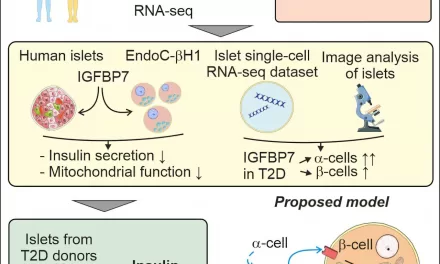In a groundbreaking study, scientists have uncovered a key mechanism by which nonrapid eye movement (NREM) sleep enhances neuronal and behavioral performance, offering fresh insights into how sleep strengthens brainpower. This discovery could revolutionize treatments for sleep disorders and cognitive impairments.
The research, conducted by a collaborative team from Rice University, Houston Methodist’s Center for Neural Systems Restoration, and Weill Cornell Medical College, was published in the journal Science. It highlights how NREM sleep—often associated with lighter sleep stages, such as during naps—fosters brain synchronization and improves the brain’s ability to encode information.
Mechanism Behind Sleep-Driven Cognitive Boost
“During NREM sleep, we observed an increase in low-frequency delta wave activity and synchronized firing among neurons across different cortical regions,” explained Dr. Natasha Kharas, a former researcher in Dragoi’s lab and now a neurological surgery resident at Weill Cornell.
This synchronization appeared to reset neural networks, enhancing their ability to process and retain information. Interestingly, after NREM sleep, neuronal activity became more desynchronized than before sleep, enabling neurons to fire more independently. “This shift led to improved accuracy in information processing and better performance in visual tasks,” Kharas added.
The study used macaque monkeys trained to perform visual tasks. Researchers found that those who fell asleep during a designated rest period performed significantly better at distinguishing rotated images compared to those who remained quietly awake. This highlights the unique role of NREM sleep in enhancing cognitive function.
Artificial Stimulation Mimics Sleep’s Benefits
In a fascinating twist, researchers found that the benefits of NREM sleep could be mimicked artificially through invasive brain stimulation. By replicating the synchronization patterns observed during sleep, they were able to enhance neural performance without the subjects needing to sleep.
“This finding is significant because it suggests that some of the restorative and performance-enhancing effects of sleep might be achieved without the need for actual sleep,” said Valentin Dragoi, professor of electrical and computer engineering at Rice University.
Potential for Neuro-Modulation Therapies
The implications of these findings are vast. Beyond better understanding the role of sleep in brain function, this research opens the door to innovative neuro-modulation therapies. Such techniques could be used to treat sleep disorders, improve memory, or boost cognitive abilities in individuals suffering from conditions like Alzheimer’s or attention-deficit disorders.
The study represents a leap forward in sleep science and points to a future where the benefits of sleep may be harnessed on demand. Whether to aid recovery from neurological damage or to improve learning and memory, the ability to stimulate the brain artificially could be a game-changer.
“Our findings highlight NREM sleep as a critical period for resetting the brain and preparing it for optimal performance,” said Dragoi. “The possibility of mimicking this process opens new avenues for therapeutic interventions.”
As researchers continue to delve into the intricacies of sleep, these findings underscore its vital role—not only in recharging the body but in reprogramming the brain for success.












